
CPJ joins call for Azerbaijan to maintain unfettered internet access during upcoming elections
The Committee to Protect Journalists on Monday joined #KeepItOn Coalition partners in calling on Azerbaijan authorities and the country’s telecommunications companies and internet service providers to maintain free, open, and secure internet access and avoid shutdowns throughout presidential elections scheduled for February 7, 2024. The letter highlights how Azerbaijani authorities have implemented internet restrictions on…
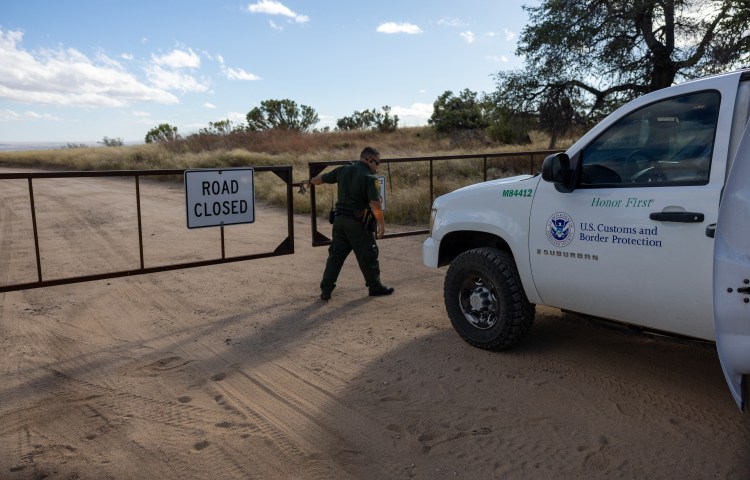
Forensic tools open new front for using phone data to prosecute journalists
On April 13, police in Russia’s Khakassiya republic arrested Mikhail Afanasyev and seized his digital devices. Afanasyev, chief editor of the online magazine Novy Fokus, was detained based on an article about riot police in southern Siberia refusing to serve in Ukraine. He faces a possible 10-year prison sentence for spreading “false” information. It’s not surprising for…
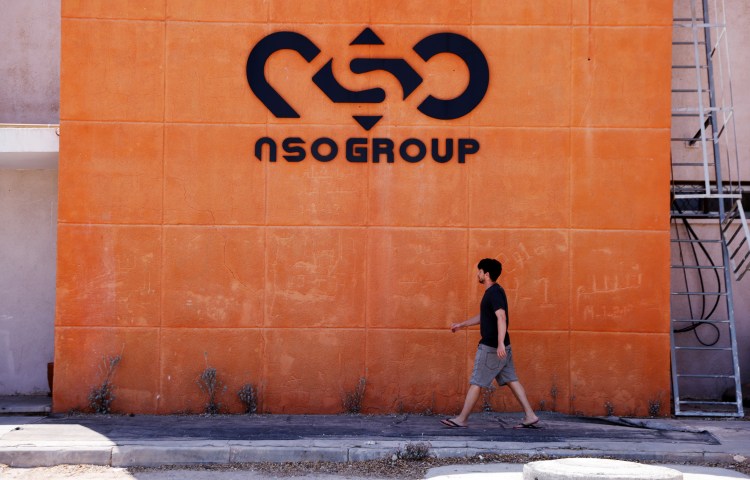
Pegasus Project revelations show added layer of risk for corruption reporters
Exposing those who abuse power for personal gain is a dangerous activity. Nearly 300 journalists killed for their work since CPJ started keeping records in 1992 covered corruption, either as their primary beat, or one of several. The risk was reaffirmed this month with the release of the Pegasus Project, collaborative reporting by 17 global…

Azerbaijani journalist Sevinj Vagifgizi was ‘astonished’ to learn of Pegasus spyware on phone
Azerbaijani authorities have long had a firm grip on the media by imprisoning, harassing, and persecuting journalists both at home and abroad as well as blocking their websites. Now authorities are alleged to have used a new tool in their quest to muzzle independent reporting: spyware. Several Azerbaijani journalists have been named in the collaborative…
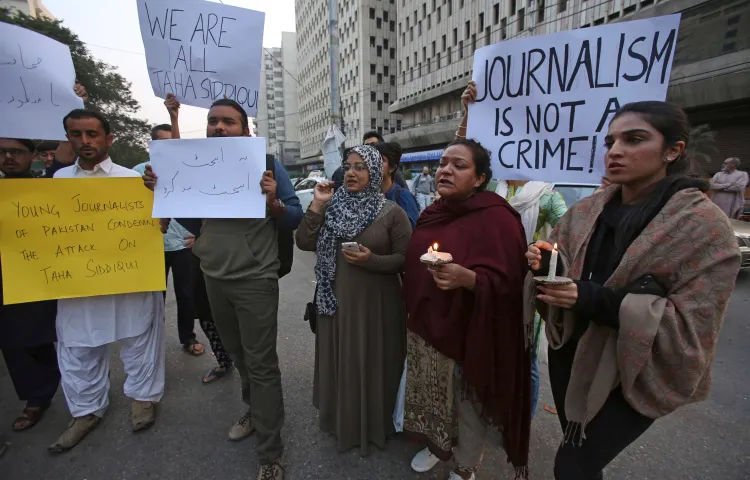
At-risk journalists who must flee home countries often find few quick and safe options
In 2018, journalist Mohammad Shubaat was in Daraa, Syria, caught between advancing forces aligned with Syrian President Bashar al-Assad and the closed borders of Israel and Jordan. Despite the dire threat to Shubaat and many of his colleagues, it would take over a year of intense negotiations with some 20 countries by the Committee to…
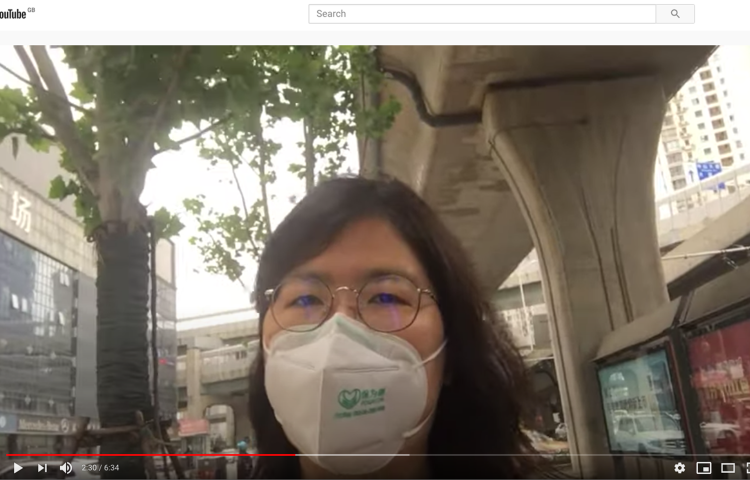
Journalists jailed for social media “terrorism” highlight content moderation challenges
A journalist in China uploaded a video to YouTube criticizing the Chinese government’s response to the coronavirus outbreak in Wuhan. Another, in Vietnam, left a state-owned newspaper but continued posting stories they wouldn’t let her cover on Facebook. In Egypt, a freelance photographer streamed an anti-government protest from his balcony on Facebook Live. In Iran,…
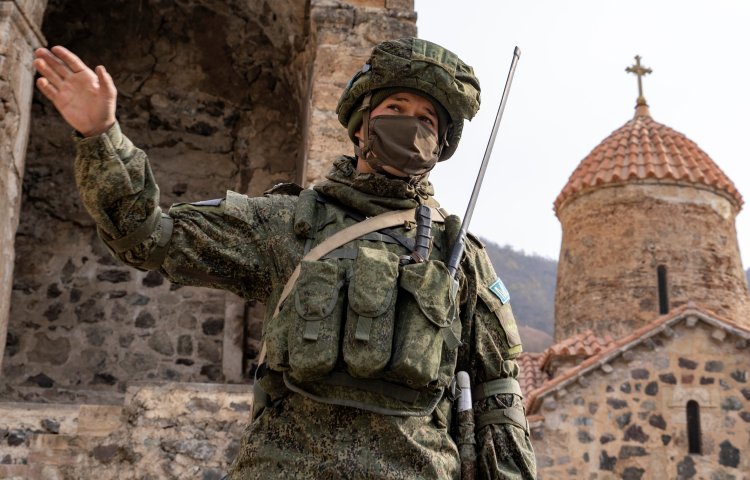
BBC correspondent describes staying safe, finding journalistic camaraderie during Nagorno-Karabakh’s 6-week war
Journalists who covered the recent six-week-long conflict between Armenian and Azerbaijani forces in the breakaway region of Nagorno-Karabakh faced violence to get the story of the region’s latest bloody chapter to the world. At least six journalists were injured in shelling attacks in Nagorno-Karabakh and two were assaulted when a mob descended on a broadcaster in Armenia to oppose its reporting on…
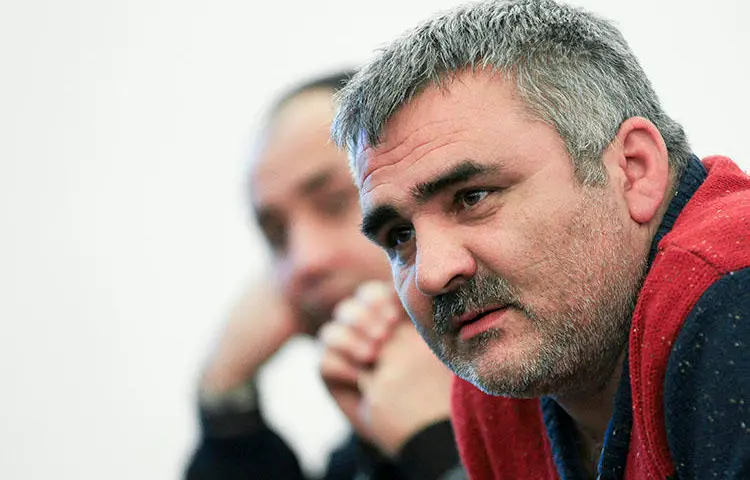
Journalist Afgan Mukhtarli: ‘Azerbaijani prisoners are facing death under coronavirus quarantine’
Azerbaijani journalist Afgan Mukhtarli was released from prison on March 17, 2020, after nearly three years in jail, and flown to Berlin, where he was reunited with his wife and daughter. He served half of his six-year sentence on charges that Azerbaijani authorities brought in retaliation for his investigative reporting, as CPJ research shows.
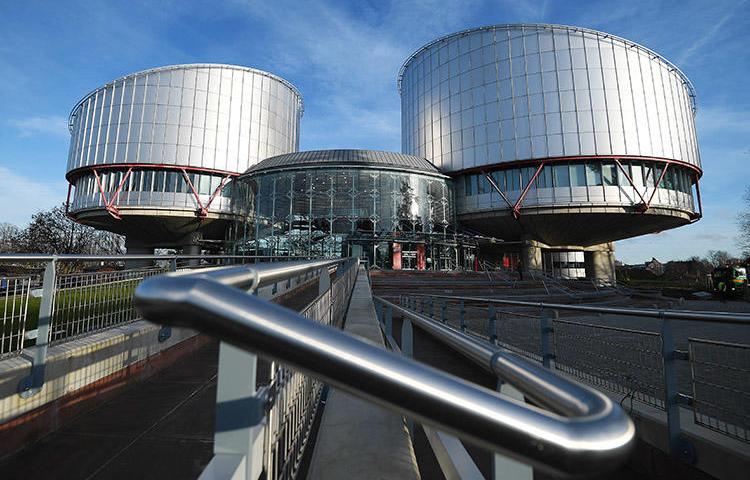
CPJ submits amicus brief to European Court on Azerbaijani journalist Emin Huseynov
The Committee to Protect Journalists, along with the organizations International Media Support, IFEX, and the International Senior Lawyers Project submitted an amicus curiae brief to the European Court of Human Rights in support of a legal complaint by Azerbaijani journalist and human rights advocate Emin Huseynov.
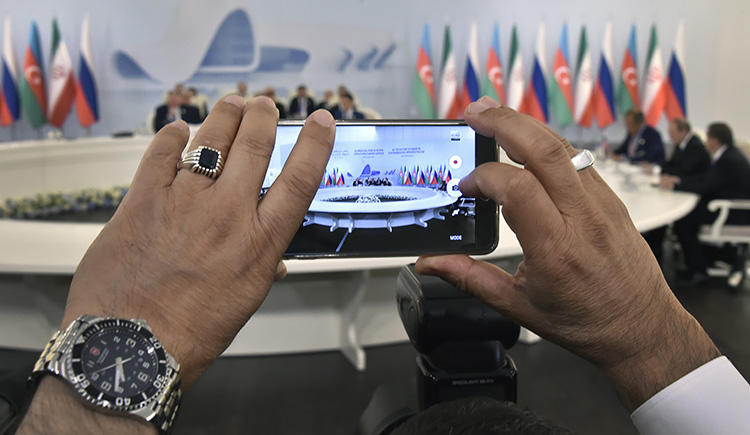
Freedom of speech is guaranteed Aliyev says as Azerbaijan blocks news websites
President Ilham Aliyev claims that in Azerbaijan the internet is free and press freedom is guaranteed. But ahead of the April 11 snap elections, authorities have systematically silenced critical voices online through amending laws and blocking news websites, and hackers have attacked independent news outlets.